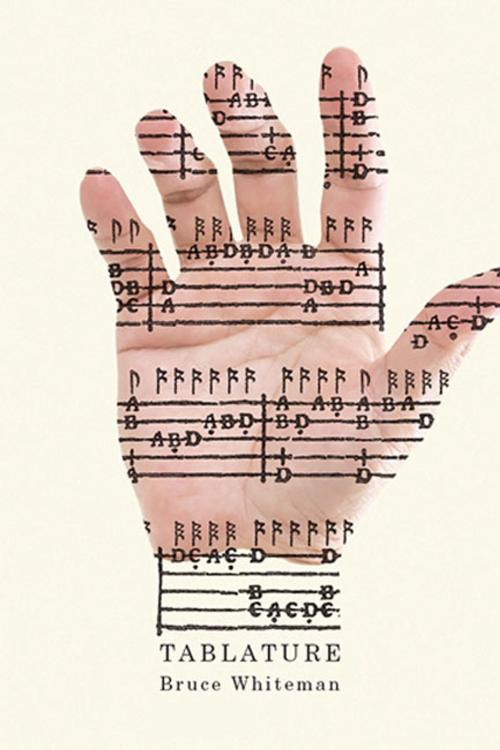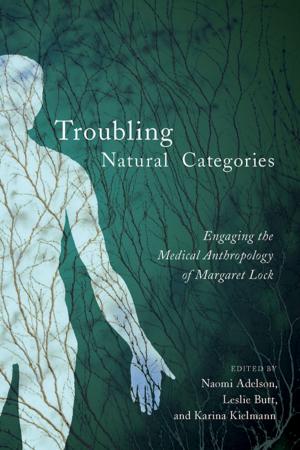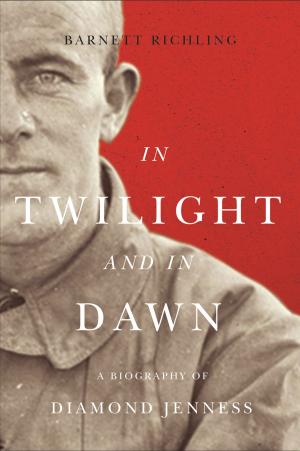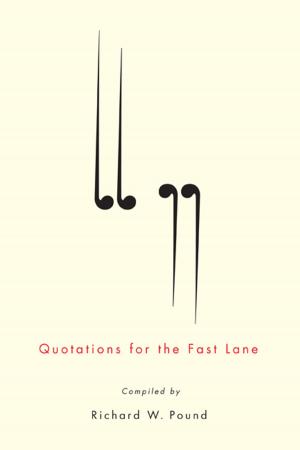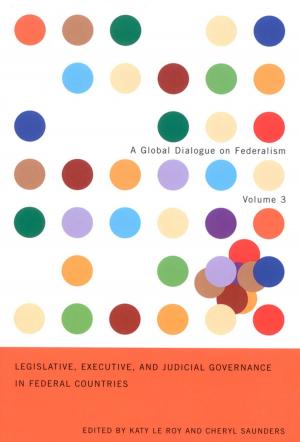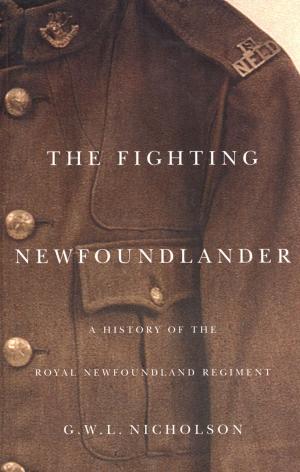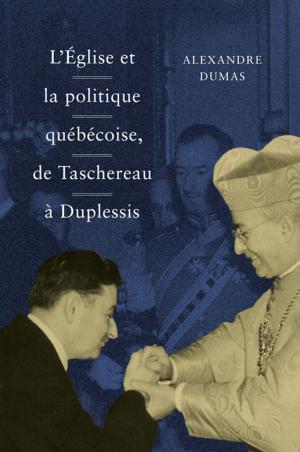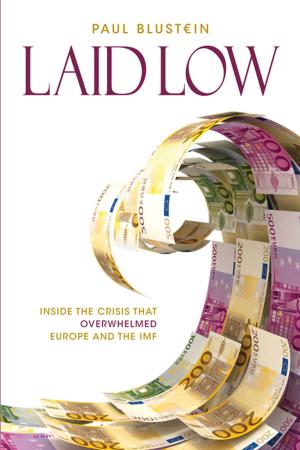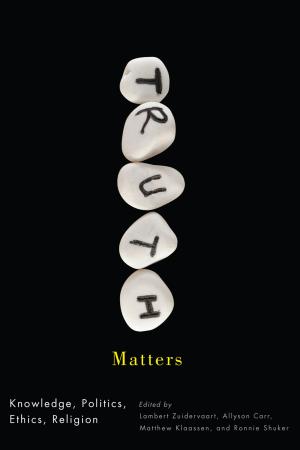| Author: | Bruce Whiteman | ISBN: | 9780773581951 |
| Publisher: | MQUP | Publication: | January 15, 2015 |
| Imprint: | MQUP | Language: | English |
| Author: | Bruce Whiteman |
| ISBN: | 9780773581951 |
| Publisher: | MQUP |
| Publication: | January 15, 2015 |
| Imprint: | MQUP |
| Language: | English |
From the "rubble [that] is the order of the day" in the opening poem to the longing for a "radiant happy ending" in the book's final line, Tablature is a book of poems that traverses a great swath of the heart's experience in compelling and lucid poetic language. Bruce Whiteman's first book of poems in traditional lined form in thirty years is by turns learned and allusive, and emotionally expressive and despairing. These poems engage three large and powerful subjects: the landscapes we see and abide in, music that is comforting and a guide to hearing the poem's compulsions, and love - erotic, domestic, and enduring. Whiteman is keenly observant of the natural world of birds and trees, of rocks and water, alive to the pressures and hurts of daily life, and above all to the ways in which music rescues us from dependency and pulls us back from a "cultivated hysteria." If there is an "intimate / apocalypse," there is also "radiant hope." The poems in Tablature capture readers with their singular music and their bright and unblinking takes on the quotidian challenges of living a life. These are poems of a highly tuned sensibility matched by a sweetness of language.
From the "rubble [that] is the order of the day" in the opening poem to the longing for a "radiant happy ending" in the book's final line, Tablature is a book of poems that traverses a great swath of the heart's experience in compelling and lucid poetic language. Bruce Whiteman's first book of poems in traditional lined form in thirty years is by turns learned and allusive, and emotionally expressive and despairing. These poems engage three large and powerful subjects: the landscapes we see and abide in, music that is comforting and a guide to hearing the poem's compulsions, and love - erotic, domestic, and enduring. Whiteman is keenly observant of the natural world of birds and trees, of rocks and water, alive to the pressures and hurts of daily life, and above all to the ways in which music rescues us from dependency and pulls us back from a "cultivated hysteria." If there is an "intimate / apocalypse," there is also "radiant hope." The poems in Tablature capture readers with their singular music and their bright and unblinking takes on the quotidian challenges of living a life. These are poems of a highly tuned sensibility matched by a sweetness of language.
